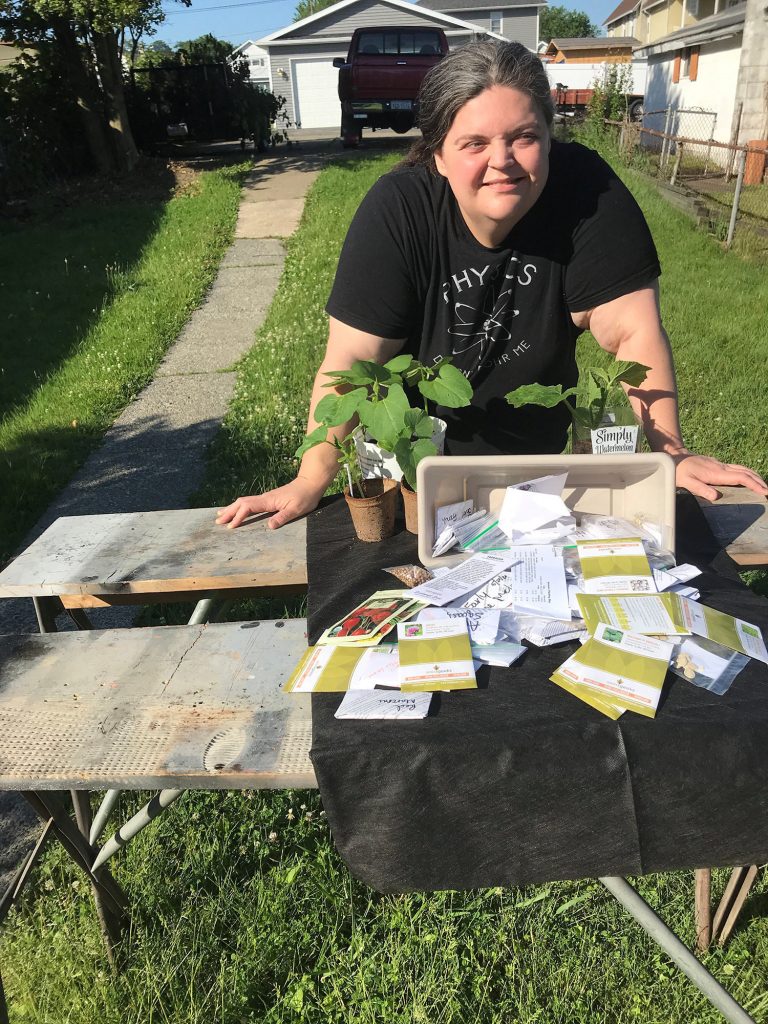BY VICKI TERWILLIGER
A Penn State Schuylkill educator has opened a campus seed bank with hopes to mitigate local food insecurity.
Mary Ann Smith, a biology and chemistry lecturer, intends to share free, heirloom seeds with the community. The seed bank will serve as a “no-cost library,” provided that people who ask for the seeds from the bank, in turn, share some of their seeds.
Smith’s idea launched after she saw a story about Bloomsburg’s efforts to create something similar.
“My thought was, Schuylkill County could really benefit from this as Penn State Schuylkill’s students and community suffer from food insecurity. If we can help them afford seeds, then this could be a step to help. In addition, it’s a great way for us to help biodiversity by protecting heirloom varieties of plants,” said Smith, of Throop.
Anyone interested can check out the website, sites.psu.edu/slseedbanklibrary; or email Smith at mvs14@psu.edu. The website elaborates on the library concept and lists the seeds available.
Since the coronavirus pandemic hit, many of Smith’s plans have changed, she said. Right now she is operating the library out of her household’s large freezer. If gardeners would like to get a sample of a particular seed, they should email her with their information, and she will get the seeds out to them by U.S. mail.
“I truly hope that, as we grow over the next years — hopefully in an environment with less restrictions than this pandemic one — that we can have people stop by the campus to learn more about the seeds and gardening and even visit our community garden. Right now, the goal is to help some local people gain knowledge about gardening and heirloom plants,” Smith said in an email Tuesday.

SUBMITTED PHOTO
Mary Ann Smith, a lecturer of biology and chemistry at Penn State Schuylkill, has opened a campus seed bank with the intention of sharing free, heirloom seeds.
There’s still time for area gardeners to try some of Smith’s varieties. Every plant has a different timetable for the latest when it can be planted for this growing season.
“The unpredictable October makes this harder. I’m trying to keep our website up to date with what can go in. We can still do a lot into July, then it becomes only the winter crops like lettuce, broccoli and radishes. I’m expecting by the end of August, we’ll be done for the season. If people can get a hold of me earlier, then of course that would be better.”
Unfortunately, the program is not set up to accept excess produce from a harvest, she said.
“What I do hope for is that anyone who receives help and has a harvest, can send an envelope with some dried seeds back to the campus, so we can keep the library going,” Smith said.
She will post instructions online explaining how to donate seeds back to the library.
Contact the writer: vterwilliger@republicanherald.com; 570-628-6007


